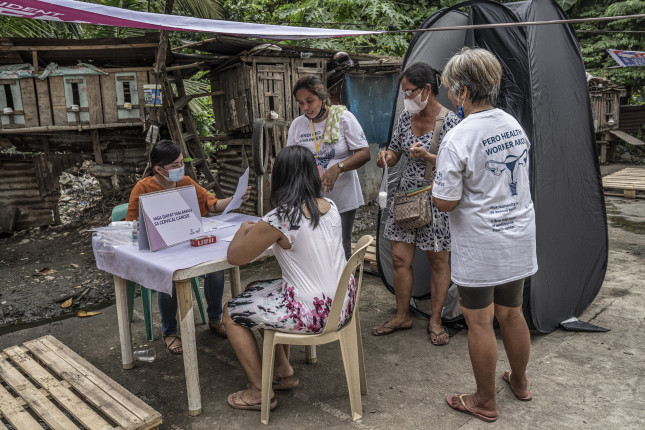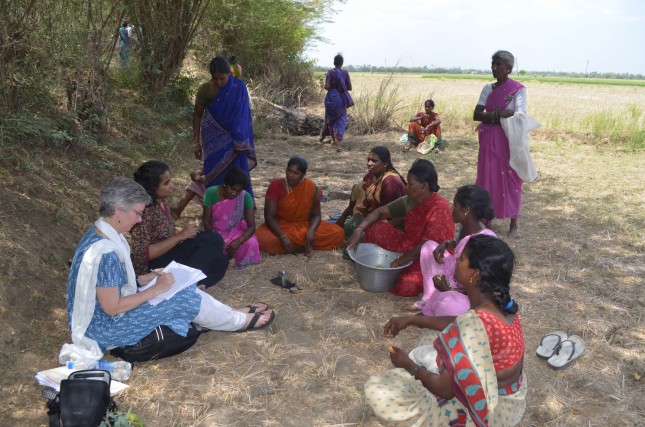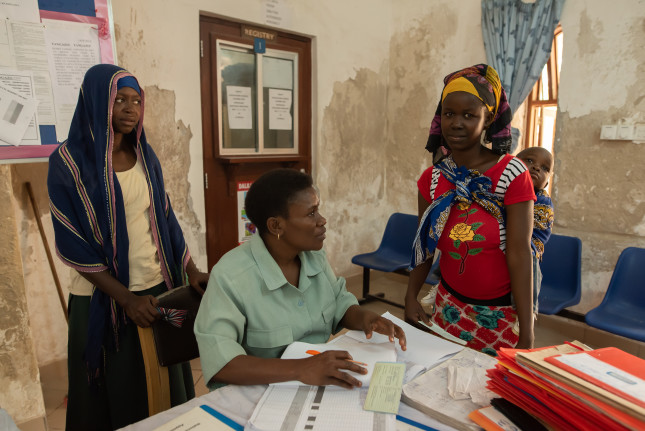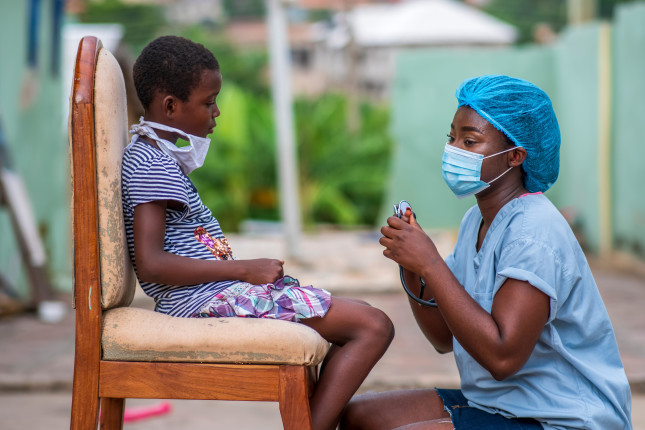-
ECSP Weekly Watch | January 13 – 17
›
A window into what we’re reading at the Wilson Center’s Environmental Change and Security Program
The Success of Community-based Conservation in Africa (Yale 360)
Across Africa, herders once seen as threats to wildlife have now become vital conservationists. In a transformative shift from “fortress conservation” to community stewardship, they are protecting iconic species like elephants and lions as they coexist with their livestock.
-
Climate, Conflict, and Changing Demographics Command Attention in New Global Health Security Report
›
A new report by the US Intelligence Community highlights what the world stands to lose if it fails to cooperate on global health. The National Intelligence Estimate (NIE) “Dynamics Shaping Global Health Security In the Next Decade” outlines the dire effects of climate change, changing demographics, and the erosion of trust in institutions on global health security. The NIE on Global Health Security was made publicly available in April 2024, on the heels of the Biden-Harris Administration’s launch of a new Global Health Security Strategy.
-
What Will it Take to Actually Eliminate Cervical Cancer?
›
We have all the tools we need for the elimination of cervical cancer, a largely preventable cancer that annually kills more than 300,000 women worldwide—the vast majority in low- and middle-income countries.
-
Cancer and the Kali Yuga: Gender, Inequality, and Health in South India (Book Launch)
›
Under the narrow shade of our umbrellas, a community health worker from a local NGO and I walked along a dirt path to the edge of some paddy fields in a village in Tamil Nadu, South India in the summer of 2015. There we met a group of Dalit (oppressed-caste) women who were squeezed together under a clump of trees on a small strip of raised land between two fields.
The summer of 2015 was one of the hottest on record in South India at that time, with temperatures consistently above 40ºC (104ºF) every day. Rains which should have begun to arrive had not come by mid-July. These women were hoping to be called for daily agricultural wage labor in the fields, and they had taken refuge under the shade while they waited. They had been waiting all morning with no work available; it had been the same for several days because there was a drought and the crops were failing.
-
Integrating Leadership Skills in Cervical Cancer Prevention Efforts
›
With a high burden of cervical cancer in Tanzania, we are advocating for the government’s parliament to prioritize cervical cancer prevention in its annual budget, said Dr. Safina Yuma, a Reproductive Cancer Coordinator at the Ministry of Health, Tanzania, at a recent event hosted by TogetHER for Health on cervical cancer leadership in recognition of cervical cancer awareness month. At least 270,000 women die globally from cervical cancer each year and in Tanzania, it is a leading cause of death, taking the lives of approximately 4,200 women annually. However, cervical cancer is 90 percent preventable with appropriate prevention strategies such as human papillomavirus (HPV) vaccinations and screenings. Expert leaders from NJIA, a leadership development program for practitioners working in cervical cancer research and prevention, discussed strategies for improving collaboration and leadership within the medical profession to reduce avoidable deaths.
-
Suicide and Overdose: The Leading Causes of Death for New Mothers
›
A new movie — A Mouthful of Air – was released in 800 theaters around the country on Friday, October 29. SPOILER ALERT: The storyline is about maternal depression and suicide.
This is an excellent example of art meeting life.
Mental health conditions – primarily anxiety and depression – are the most common complications of pregnancy and childbirth, affecting 1 in 5 pregnant or postpartum parents. Tragically, suicide and overdose are the leading causes of death for women in the first year following pregnancy.
-
Seeing and Hearing Mothers: Uncovering Poor Perinatal Mental Health
›
Globally, 15 to 20 percent of women experience a perinatal mental health condition, said Sarah Barnes, Project Director of the Maternal Health Initiative at a recent event, held in partnership with the United Nations Population Fund (UNFPA), on mental health support for mothers in the perinatal period. Women are more likely to develop anxiety or depression in the year after giving birth than in any other time in their lives, with suicide and overdose the leading causes of death in the first year postpartum. “And yet, the prevention, early recognition, and treatment of perinatal mental health conditions is a challenge for many, if not most, healthcare systems across the world,” said Barnes.
-
World Population Day 2021 – Setbacks in Development and Family Planning Slow Progress Along the Demographic Transition
›
Globally, the demographic transition from high to low fertility and mortality has improved quality of life for billions of people over the past several decades. The average number of children born per woman worldwide decreased from nearly 5 in 1950 to 2.47 by 2020. Improvements in infant and child mortality boosted life expectancy at birth from a global average of 47 years in 1950 to over 72 years today. These gains in fertility and mortality were a result of rising incomes and significant investments and improvements in public health, education, and family planning access—18 months into a global pandemic, it’s becoming increasingly apparent that COVID-19 has disrupted these gains, slowing progress along the demographic transition for those countries in the earliest stages. This World Population Day is therefore an important opportunity to recommit to investments in health and education and resume our progress in improving lives for the world’s poorest and most vulnerable.
Showing posts from category non-communicable diseases.











